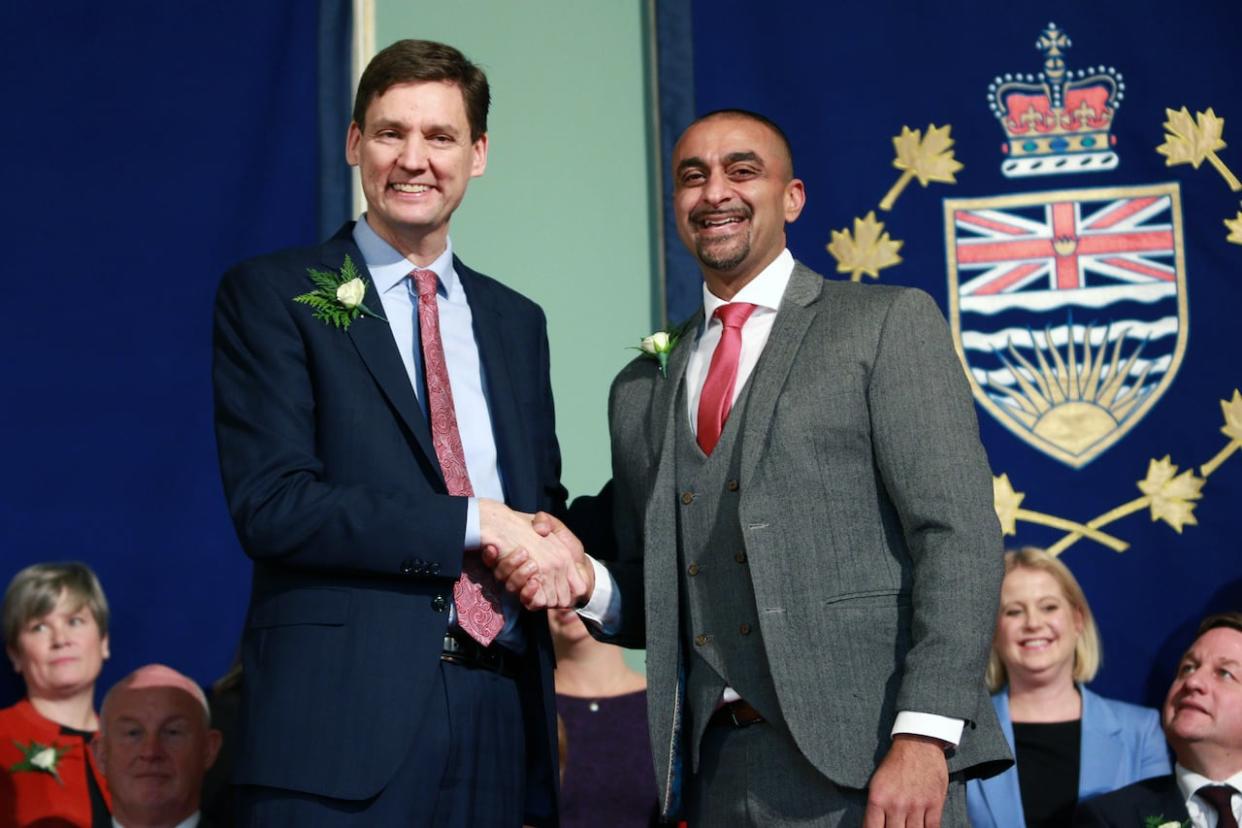B.C. increases violation fines, requires sharing of data for short-term rentals

B.C. has put in place new legislation to help municipalities regulate short-term rentals on sites like Airbnb, which provincial and municipal leaders say is affecting the availability and price of long-term housing.
The new rules were enshrined in law in the B.C. Legislature Monday and include increasing fines for hosts breaking local municipal bylaw rules to $3,000 per infraction, per day, from $1,000.
All short-term rental platforms will also be required to share data with municipalities to improve local enforcement, although no private information about hosts will be released publicly.
In addition, all short-term rental platforms will have to include business licence and registration numbers of listings where they are required by a local government, and must remove listings without those requirements quickly.
The province says the new rules, which will come into effect in stages from now through late 2024, are meant to create a minimum regulatory standard for housing available for rent for fewer than 30 days across the province.
Short-term rental listings on online platforms such as Airbnb, VRBO, Expedia and FlipKey have expanded rapidly since the COVID-19 pandemic and are now at an all-time high, according to the province.
Some municipalities such as Vancouver already have more stringent rules but struggle to enforcement them.
B.C. Premier David Eby and Housing Minister Ravi Kahlon will speak publicly about the changes starting at 10:30 a.m. from Victoria.
CBC News will livestream the news conference.
More than a dozen resort municipalities, mountain resort areas, electoral areas including the Gulf Islands, and most municipalities with a population under 10,000 people will initially be exempt from a principal residence requirement but can opt in if the local government decides to.
The new changes also include a new provincial short-term rental compliance and enforcement unit, but the province did not provide a timeline or budget for that. It said it would be modelled after the Residential Tenancy Branch's unit, which has 10 members.
The legislation limits short-term rentals to within a host's home, or a basement suite or laneway home on their property.
'Give me a break'
Helping municipalities better regulate short-term rentals was part of Kahlon's mandate letter from December 2022.
Short-term rentals in cities like Vancouver, Victoria and Kelowna have come under scrutiny for several reasons including the argument that they siphon housing from municipalities already struggling to provide long-term, stable rentals to residents.
Airbnb says its platform allows residents in cities with expensive real estate help pay their mortgages. It does not agree with studies that show short-term rentals contribute to overall rent increases.
Speaking on Monday morning Eby told CBC News short-term rentals are contributing to the province's housing crisis.
"I mean, give me a break," he said. "Not a single person finds it credible in British Columbia in any way that short-term rentals haven't eroded long-term rentals in this province."
"Bottom line is when people own multiple condos and are renting them out as private hotels in our province when we are desperate for long-term housing for people, it's just not acceptable. So we're going to deal with it."


